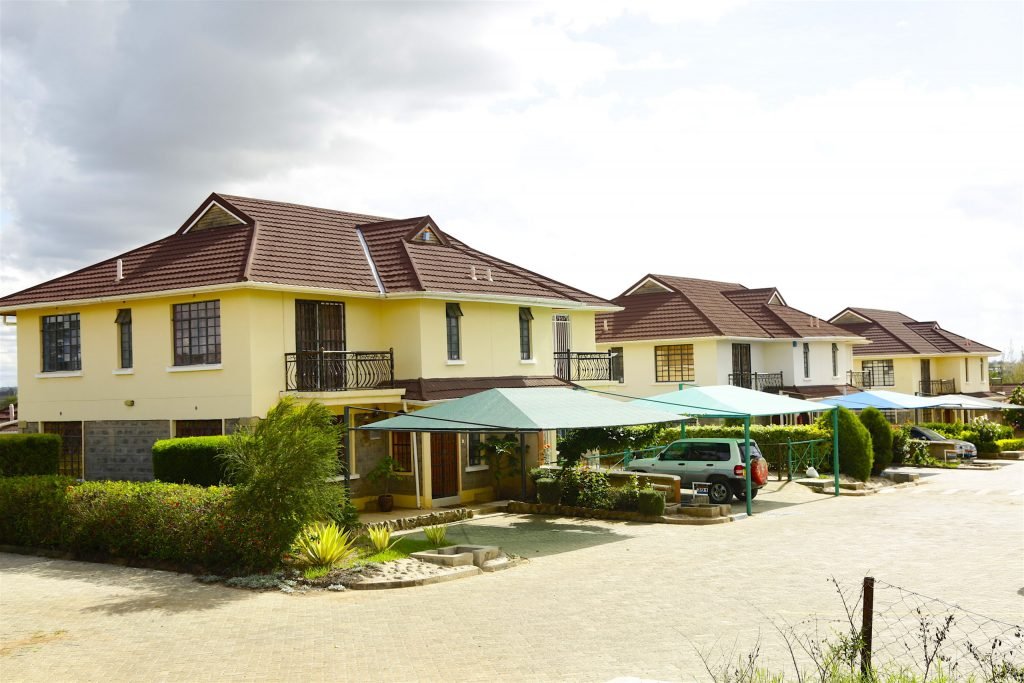By Peter Harris
It is noteworthy that the East African regional real estate sector registered a positive recovery in 2021 and is continuing with the growth momentum this year. Nairobi and Dar-es-Salaam, for instance, have witnessed a resurgence in demand for new office spaces, which is back to pre-pandemic levels. These two cities are showing signs of a gradual return in business confidence.
According to the Kenya National Bureau of Statistics (KNBS), Kenya’s real estate sector grew by 5.2% in the third quarter of 2021, compared to the 3.7% growth recorded over a similar period in 2020. Data from the Ministry of Lands and Physical Planning also show that, over the same period, the number of land transactions more than doubled from the 1,734 transactions recorded in 2020, underscoring the return to market activity in the real estate market.
In Tanzania, real estate is considered to be one of the most profitable and growing businesses. According to Statista, it contributed nearly $1.2 billion to Tanzania’s Gross Domestic Product (GDP) from the first to the third quarter of 2021. In 2020, the industry’s value added to the economy roughly $1.6 billion, the highest since 2015.
A similar situation is replicated in Rwanda, where investments in construction, real estate, and manufacturing sectors are leading the path to economic recovery as the country seeks to reverse the negative effect especially of the coronavirus pandemic. The country recorded investments worth $3.7 billion in 2021 up from $1.3 billion in 2020. The sectors contributed up to 72% of all investments registered, with construction accounting for 31%, real estate 26%, and manufacturing (including agro-processing) contributing 15%, according to Rwanda Development Board (RDB).
With the industry dynamics having shifted, decision makers have the opportunity to plan their future real estate strategies based on a new set of increasingly entrenched and resilient fundamentals. These include new statutory reforms supporting the real estate sector and the fact that environmentally conscious investments, popular as Environmental, Social and Governance (ESG) framework, is the single biggest long term priority for investor and occupier clients.
Other fundamentals that will shape the future of real estate include affordable housing, infrastructure development, project finance lending, the green economy and property technology and enterprise.
Data centres are also a sector to watch, thanks to increased digitization and the roll-out of 4G and 5G infrastructure. Along with this is the emergence and continued presence of solution providers, such as data analytics providers, and software solution companies, along with the presence of home automation, Augmented Reality (AR) & Virtual reality (VR), smart construction and offsite construction, being seen as beneficial to the brokers instead of the other way around.
A notable trend post-Covid is that more occupiers prefer turnover based rent. A striking one though is that supermarkets are growing but moving away from malls into high density neighbourhoods, and markets have to adapt to this trend.
There is no gainsaying that the future of real estate in East Africa is bright. The onus is on the industry players to adapt to emerging trends to support and create opportunity for future growth in the region.


